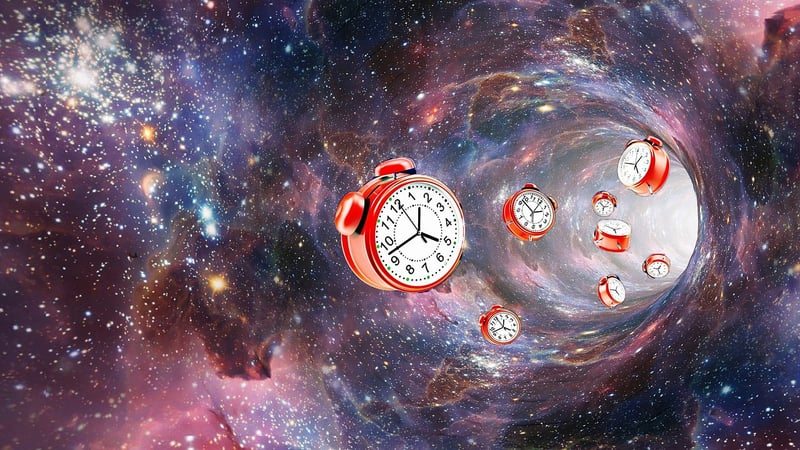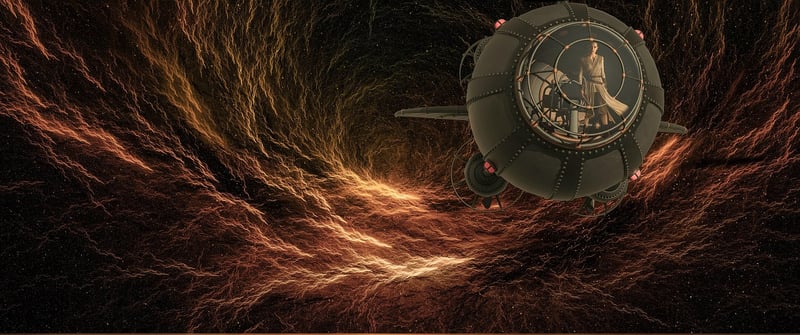Wormholes
The Science Behind Time Travel and Wormholes
Time travel has been a popular topic in science fiction for decades, but is it possible according to actual scientific principles? One theoretical concept that could potentially allow for time travel is the idea of wormholes.
Wormholes: Gateways in Spacetime
Wormholes, also known as Einstein-Rosen bridges, are hypothetical tunnels that connect two separate points in spacetime. They are often depicted as shortcuts that could allow for faster-than-light travel or even time travel.

How Wormholes Work
According to theoretical physics, a wormhole could be created by bending spacetime to connect two distant points. By entering one end of the wormhole, a traveler could potentially emerge at the other end instantaneously, effectively traveling a vast distance in a short amount of time.
The Grandfather Paradox
One of the most famous paradoxes associated with time travel is the Grandfather Paradox. It posits that if a time traveler were to go back in time and prevent their grandfather from meeting their grandmother, then the time traveler would never be born. This paradox raises questions about the feasibility and implications of time travel.
Challenges and Limitations
While the concept of wormholes is intriguing, there are significant challenges and limitations associated with their potential use for time travel. The existence of wormholes has not been proven, and even if they do exist, they may be unstable or require exotic forms of matter to keep them open.
Despite the current limitations, ongoing research in theoretical physics continues to explore the possibilities of wormholes and time travel. The quest to understand the nature of spacetime and the fundamental laws of the universe may one day lead to breakthroughs that could make time travel a reality.
Whether time travel will ever become a practical reality or remain confined to the realms of science fiction, the exploration of concepts like wormholes offers a fascinating glimpse into the boundless mysteries of the cosmos.
